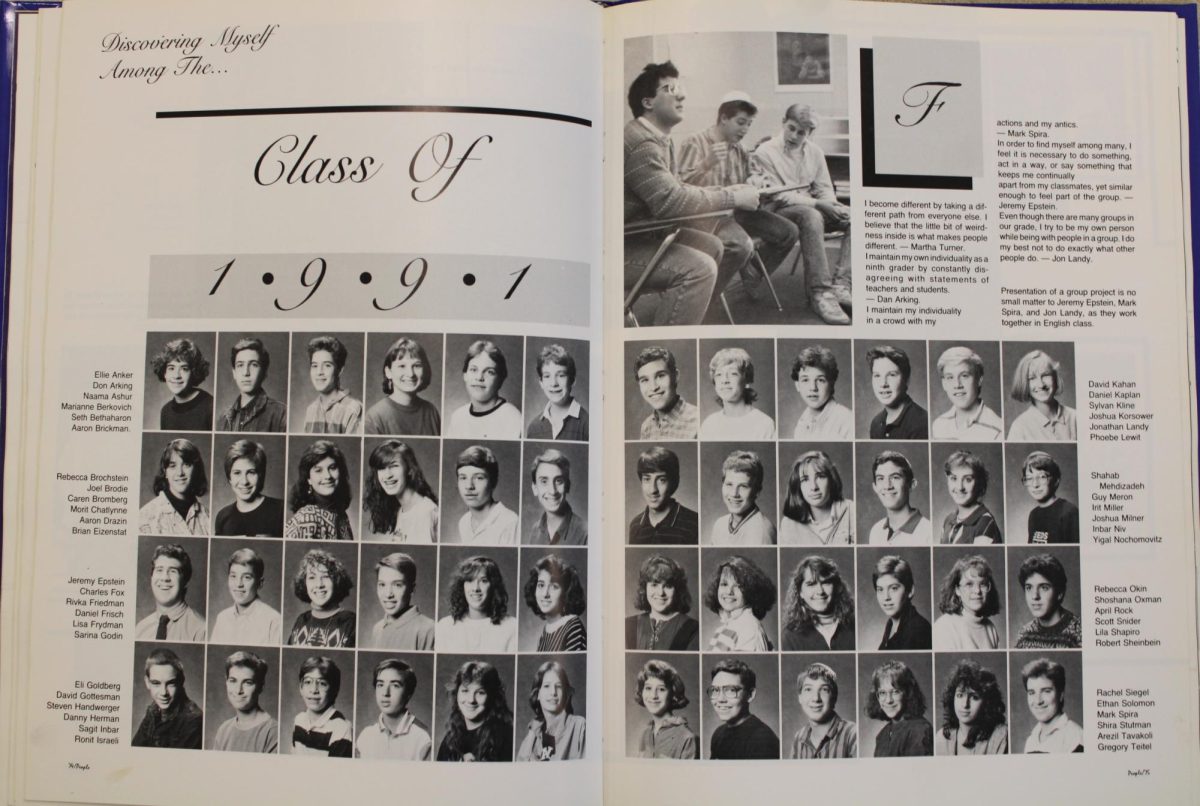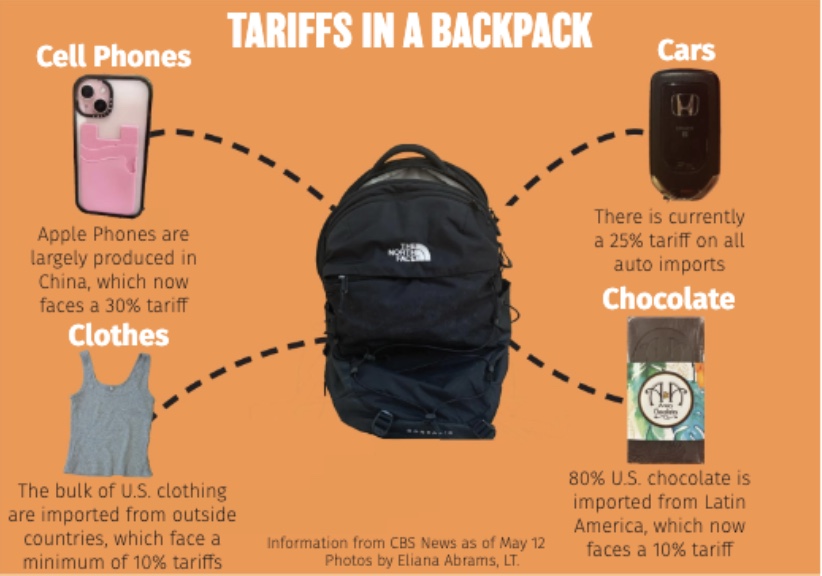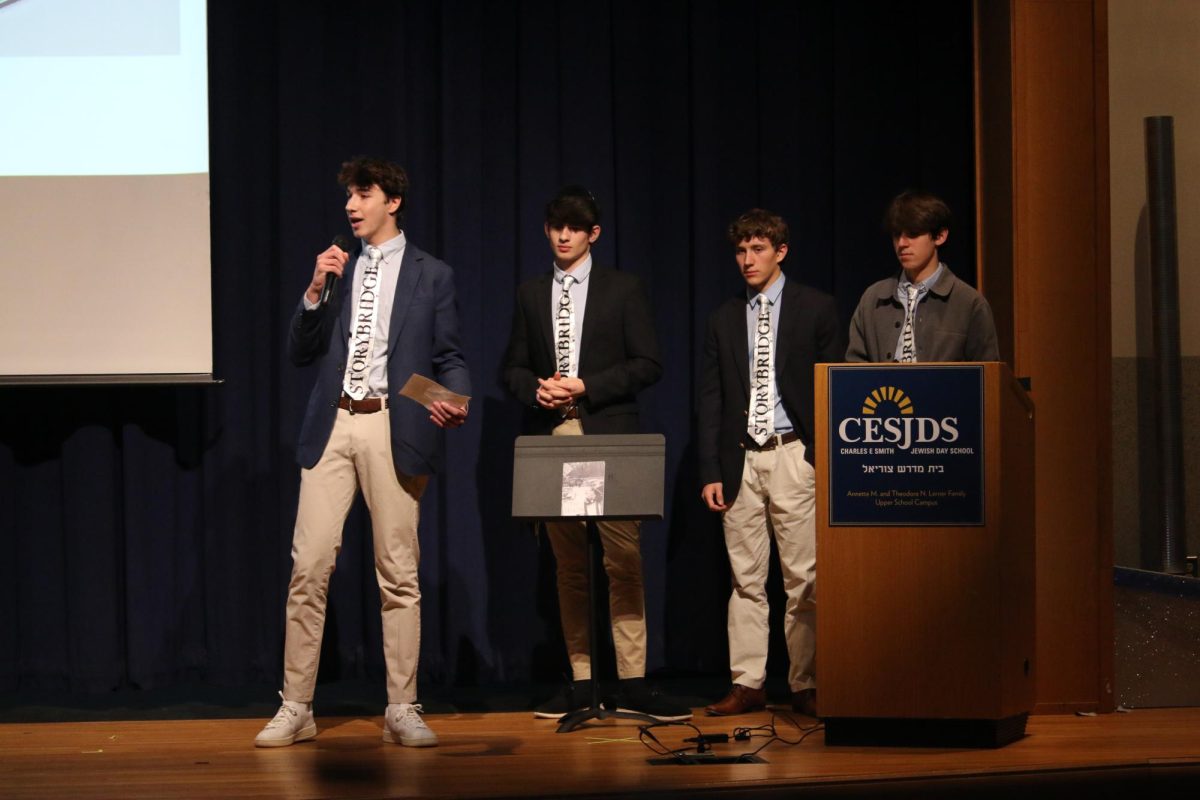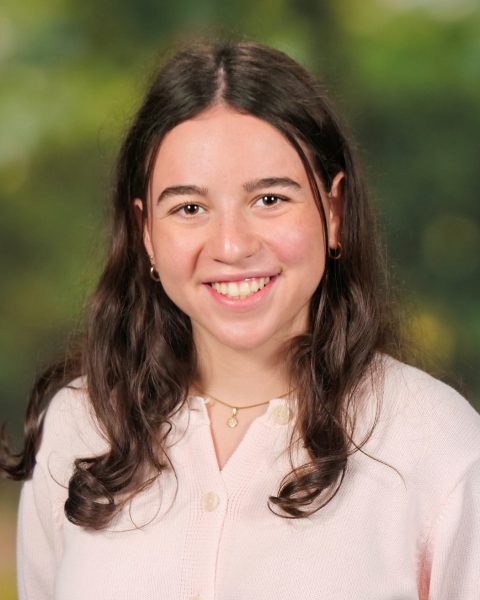In the 68th year of Eurovision Song Contest, an international competition led by the European Broadcasting Union (EBU), Switzerland came in first place with Israel coming in fifth.
In Eurovision, fifty percent of the total vote is from the public and the other fifty percent is from the juries representing each participating country. Although ultimately finishing in fifth place, Israel received second place in the public televote with 323 points, which was only 14 fewer than the first place televote winner, Croatia.
With four Eurovision wins, the competition has become a part of Israel’s pop culture. This year, however, Israel faced new challenges throughout the competition due to the controversies surrounding Israel’s actions in the Israel-Hamas war.
Sophomore and Israeli Shahar Levi, who followed Eurovision, felt that showing her support for Israel was especially crucial this year.
“[I]t was really important for us to show who we are, and we did,” Levi said. “It was very emotional for all of us to see all the support we got from the voting of the crowd.”
Eden Golan, who represented Israel in Eurovision this year, sang a song titled “Hurricane,” a reference to the Oct. 7 Hamas attacks. Originally, the song was titled “October Rain.” However, the EBU said that the title and some of the lyrics were “political,” therefore violating the competition criteria. Israel initially said that if the song was rejected, they were going to drop out. However, Israel ultimately decided to change some lyrics and title of the song, and was able to remain in the competition.
Hebrew teacher Yaffa Dagony supported Israel’s decision to make this change.
“[Israel’s song] changed many, many times in order to please other people, but I think they did their best,” Dagony said. “I think it was a good decision to participate, and make the adjustments rather than saying ‘in your face, I don’t want to do it.’”
For months leading up to the Eurovision, protests tried to ban Golan from participating due to controversies surrounding the Israel-Hamas war. According to PBS News, an estimated 10,000 people marched in Malmo, Sweden before the semifinals, accusing Eurovision of supporting genocide. As a result, Golan was accompanied by a security team throughout the competition.
During Golan’s performance, chants such as “Free Palestine” and booing could be heard in the crowd. Even after the performance, Golan was asked in a press conference if she felt she “ever thought that by being [at Eurovision], [she] bring[s] risk and danger to the other participants and the public.” However, Golan didn’t allow any of the backlash or protests affect her performance.
“I am here to show the voice of an entire nation,” Golan said in a New York Times article. “To show that we’re here, that we are strong, but emotional and broken.”







